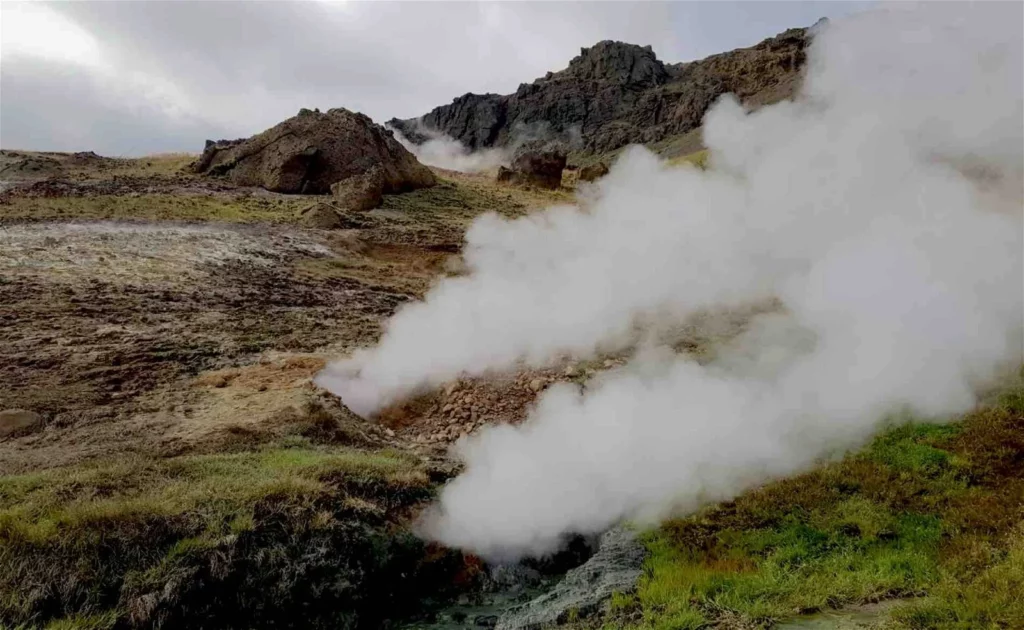Unlocking Soil’s Secrets: Microbial Heat Adaptation and Carbon Cycle
Researchers have illuminated the crucial role of soil microorganisms in the carbon cycle, revealing how these tiny entities adapt to temperature variations and organic matter availability. A study conducted by the Institute of Applied Ecology of the Chinese Academy of Sciences has demonstrated that microbial thermal adaptation and soil substrate availability are pivotal in regulating soil microbial respiration (SMR). This discovery, derived from analyzing soil samples across a natural temperature gradient, underscores the resilience of soil microorganisms to warming, potentially revising our understanding of their impact on the carbon cycle.
Reawakening Dormant Microbes: Climate Change Implications
A study by the University of Vienna’s Centre for Microbiology and Environmental Systems Science (CeMESS) has found that rising global temperatures are reactivating dormant bacteria. This phenomenon could significantly influence carbon stocks, especially in higher latitude soils, by increasing carbon release into the atmosphere. This finding challenges previous assumptions, suggesting that the primary mechanism for increased atmospheric carbon may be the activation of dormant bacteria, rather than the accelerated growth of existing microbes.
Global Warming and Soil Bacteria Diversity
Another study from CeMESS has found that warmer soils exhibit greater diversity of active microbes. This discovery indicates a shift in how microbial activity might influence the global carbon cycle and climate feedback mechanisms. By using state-of-the-art isotope probing techniques, researchers have observed that over fifty years of consistent soil warming did not alter microbial growth rates but significantly increased bacterial diversity. This insight into microbial dynamics is essential for refining climate models and understanding the soil microbiome’s role in carbon cycling.






